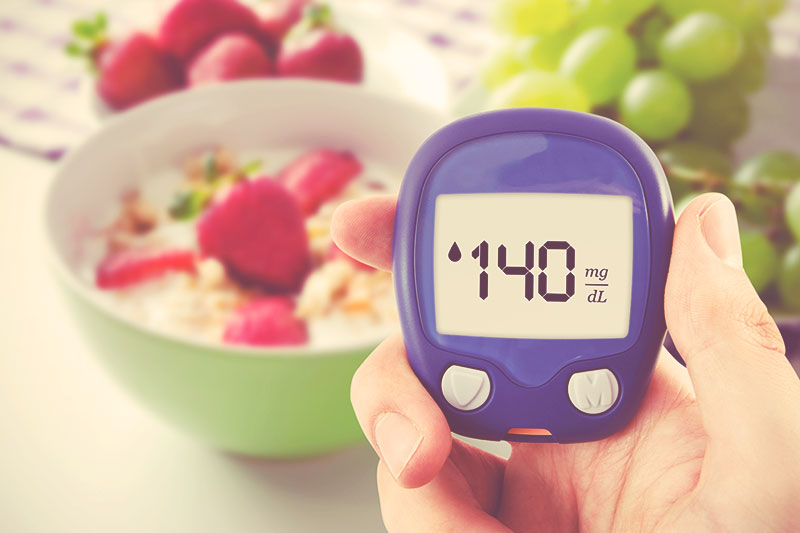Men’s Health Week 2018
13th June 2018
13th June 2018

From 11th to 17th June it’s Men’s Health Week. Men’s Health Week 2018 also coincides with Diabetes Week and it’s the perfect time to discuss how diabetes affects the male population.
One man in ten already has diabetes and thousands more either don’t know they have it or are at serious risk of it.
The Men’s Health Forum’s report ‘One In Ten: The Male Diabetes Crisis’ highlights the following:
Martin Tod, Chief Executive of the Men’s Health Forum says: “The Men’s Health Forum wants to see a serious programme of research and investment to ensure men get the support and care they need to prevent and manage diabetes. The toxic combination of ever more men being overweight, men getting diabetes at a lower BMI and health services that don’t work well enough for working age men is leading to a crisis. We need urgent action. Our plan for this week is to raise awareness amongst men and amongst professionals of the challenge many men face.”

The symptoms of diabetes in men and women are generally similar but there are certain symptoms which are either unique to males or may be more noticeable in men.
If you are experiencing symptoms of diabetes, the NHS advises that you see a GP as soon as possible as early treatment of diabetes can prevent health complications developing.
Several symptoms of diabetes that are specific to males, include:
The general symptoms of diabetes are:
Lifestyle changes are advised for people at higher risk of diabetes 2. Recommended lifestyle interventions include:
Moderate intensity physical activity includes:
High intensity physical activity can include:
For more advice about men’s health and diabetes, visit Imperial Pharmacy in The Pantiles. The chemist also offers various products and aids that can help both men and women minimise their risk of diabetes.
#menshealthweek #talkaboutdiabetes